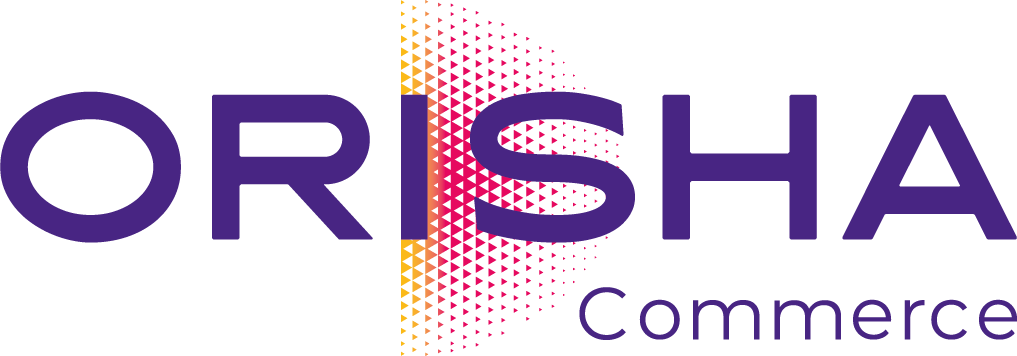How to choose the right CRM for yours stores?

A CRM system encompasses essential tools needed to optimize customer relationships within your store network. It plays a pivotal role in your commercial strategies, acting as a powerful ally for delivering an exceptional customer experience and fostering meaningful interactions with consumers.
Before selecting the right CRM, it’s crucial to understand how it functions and the available options in the market.
What is a CRM?
CRM stands for Customer Relationship Management. It represents both a business strategy aimed at optimizing customer interactions to build loyalty and a set of tools that enhance customer satisfaction. CRM software centralizes and organizes all customer-related data, such as contact information, purchase history, various interactions with your stores and other sales channels, and information related to the loyalty program. It also serves as a tool for tracking commercial actions implemented in your business, planning, and reporting company performance.
CRM vs. ERP: What are the differences?
An ERP (Enterprise Resource Planning) system centralizes and automates all operational processes of a company using a single database. This includes purchases, sales, orders, inventory management, supply chain, warehouse management, accounting, and more. An ERP integrates several modules to manage all activities within your sports stores. CRM is often considered one of the modules within a management software, specifically focused on customer relationship management.
Define your needs to choose your CRM
One essential step in selecting a CRM is conducting a thorough audit of your stores and defining your needs. It is crucial to have a clear understanding of your organization, including the strengths and weaknesses of your current system, whether IT-based or not. By having an overall view of your challenges, you can ensure that the solution you choose aligns with your customer relationship management needs. The actions required can vary significantly, such as market studies, prospecting, marketing, commercial objectives, and promotional operations.
To remain closely aligned with ground realities, involve your teams. Your employees, particularly your sales associates in stores, will be the primary users of the CRM tool you implement. Engage them actively in the decision-making process to ensure you choose a solution that addresses their daily challenges and streamlines their work.
The different types of CRM
There are three primary types of CRM, each with unique characteristics:
- Operational CRM: Focused on managing interactions between your stores and customers at all stages of the purchasing journey (marketing, sales, customer service). It centralizes customer data, enabling seamless sharing of information among employees and across different points of sale.
- Analytical CRM: Designed to study customer behavior, needs, and preferences. Presented in the form of numerical indicators and charts, it helps identify commercial opportunities (such as marketing campaigns) and optimize the customer experience.
- Collaborative CRM: Facilitates communication and collaboration among employees within your network of stores, ultimately enhancing the quality of customer service. It also serves as a management tool that boosts employee productivity by increasing their autonomy and responsibility.

Integrated or external CRM?
This crucial question must be addressed when choosing a CRM and can help you narrow down the available options.
External CRM:
Typically designed for large corporations seeking a comprehensive range of functionalities. It is a standalone tool that must be fully mastered to enhance performance.
Integrated CRM:
Incorporated into your ERP or management software for your sports stores, it operates on the same unique database used to manage your operational processes. Without redundancy, it suits businesses that want to benefit from specific tools tailored to their activity without dealing with complex IT systems. The integrated CRM will complement your information system, enhancing your customer relationship management without requiring you to switch between different tools.
Selection criteria
Here is a list of criteria to consider when choosing your CRM:
- Ergonomics: Prioritize ease of use and an intuitive interface for your employees, along with easily configurable features.
- Software Openness: Ensure that the selected solution can interface or integrate with your current information system or ERP.
- Business Adaptation: Choose software that meets your commercial needs and processes – customer journey, data collection – and sector-specific requirements – rental, repair of sports equipment, consignment, etc.
- Functionalities: Ensure the CRM offers features that align with your expectations and the scale of your store network, such as tracking, analysis, customer management, standardized commercial strategy, and omnichannel capability.
Budget
The budget largely depends on the chosen solution among the available tools. The cost of a CRM is based on several factors:
- The number of users in your sports stores.
- The standard functional suite.
- Customization of an external CRM to fit your business.
- Required training.
- Software maintenance and updates (on-premise, SaaS, cloud-based, etc.).
- Integration of support services within the company.
Ultimately, it is essential to clearly outline your needs and have a precise understanding of your expectations (as well as those of your employees) regarding your new CRM tool. Within your network of sports stores, choosing an open ERP is a strategic decision for enhanced performance.
The integration of your management software with your customer relationship management tools allows for better visibility of commercial challenges and easier access to critical data, which can significantly impact your business.




